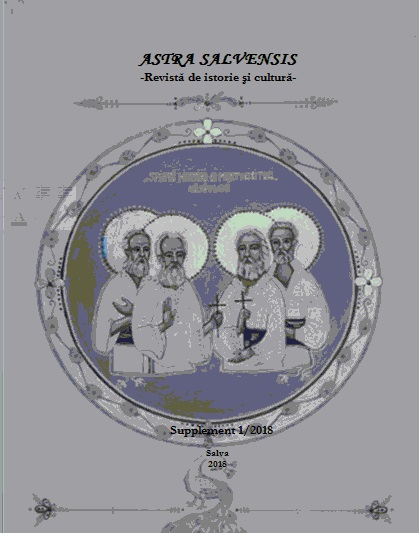Russian Literary Traditions in Pasternak’s Translations
Russian Literary Traditions in Pasternak’s Translations
Author(s): Marina Solnyshkina, Alexander Pankov, Olga Dobrovanova, Khalida Galimova, Elmira Zamaletdinova, Guzel Khuzina, Lubov LeontevaSubject(s): Language and Literature Studies, Literary Texts
Published by: Asociaţiunea Transilvană pentru Literatura Română şi Cultura Poporului Român - ASTRA
Keywords: Boris Pasternak; a literary translation; Chistopol; Shakespeare; identity; Russian literature;
Summary/Abstract: The article presents the results of the research of the Chistopol period of the Russian poet, prose-writer and translator Boris Pasternak’s creative work during World War II. Pasternak lived in Chistopol from late 1941, almost all of 1942 (in the winter he made a short trip to Moscow and came back) and bid farewell to the Kama town in summer 1943. Despite the hard working conditions, hunger, the rough and tumble of life in the province, Pasternak was extremely prolific during that period. The poet translated Shakespeare's play "Romeo and Juliette", a long cycle of poems by Juliusz Slowacki, runes, the Tragedy of Mary Stuart. The authors of the article demonstrate that as the subject of professional disputes for several decades, Pasternak's translations were both highly appreciated and criticized or rejected. The research results give a deep insight into the understanding of the nature of the Boris Pasternak’s identity as a poet and translator in the Russian literary discourse.
Journal: Astra Salvensis - revista de istorie si cultura
- Issue Year: VI/2018
- Issue No: Sup. 1
- Page Range: 299-306
- Page Count: 8
- Language: English

